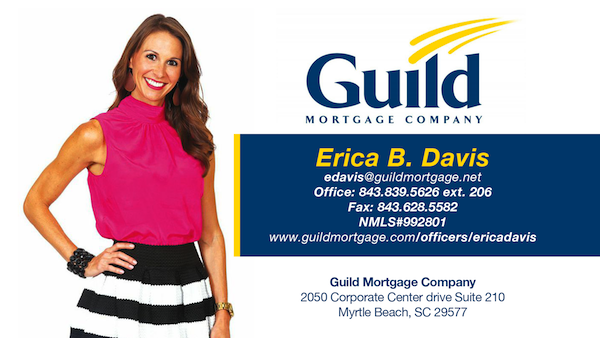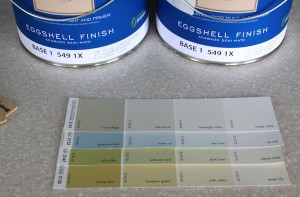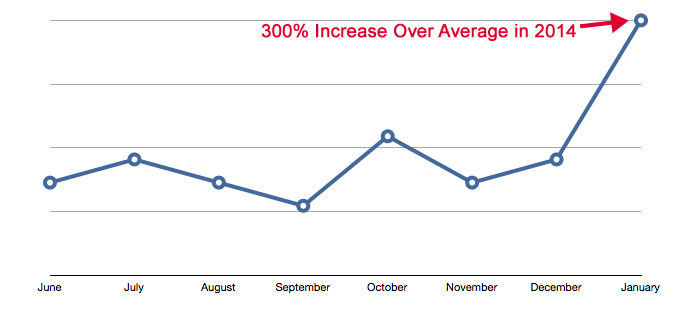 When it comes to Real Estate Laws in Myrtle Beach. SC there definitely are plenty. Unfortunately, people do not always understand these laws. One area that seems to cause a lot of confusion is Agency. To see the state brochure on Agency Disclosure, click here.
When it comes to Real Estate Laws in Myrtle Beach. SC there definitely are plenty. Unfortunately, people do not always understand these laws. One area that seems to cause a lot of confusion is Agency. To see the state brochure on Agency Disclosure, click here.
So now you have decided that you need someone to represent you to purchase your Myrtle Beach Home and then the Real Estate Agent mentions something about Dual & Designated Agency that sends you back into a dither. Breathe deeply, it is not as bad as you think! Here is what both of these types of agency mean.
South Carolina Designated Agency
First, let me explain South Carolina Designated Agency. When a home is listed for sale, the Broker-in-Charge (BIC) is the actual person who holds the listing not the agent. Designated agency only comes into play when an agent representing the buyer and the agent representing the seller have the same BIC. When this takes place, both parties agree to sign an agreement that states that the BIC has designated the Buyer’s Agent to work for the buyer and the Seller’s Agent for the Seller. Both agents are not allowed to share secrets about their clients and are supposed to represent their side only in the transaction.
This is not really a big difference than if the buyer’s agent worked for a different company than the seller’s agent. Because of Confidentiality, agents don’t share the private information of their clients with colleagues in the office. To me, this is more of a formality & legal paperwork step.
South Carolina Dual Agency
South Carolina Dual Agency seems to be the concept that both agents & clients seem to get confused about. Dual meaning two, is when one agent has already entered into an agency contract with either a buyer or seller and is then entering into an agency agreement with the other party.
For example: I have a buyer client that has been looking for a specific need in a home. I have worked with this buyer for 5 months but have not found the property yet. But, when I list your property for sale, I notice your property has the 3 car garage with bonus room for under $500,000 in Carolina Forest that this buyer has been searching for. I bring my buyer to see the home after I have it listed for sale and they fall in love immediately and want to write an offer.
In the example above, the buyer client and seller client are both being represented by me. If both parties agree to enter into a dual agency agreement, we would sign another form allowing one agent to represent the buyer and seller in that transaction. When someone enters into a dual agency contract, the Real Estate Agent is required to work unbiased to either side and cannot share confidential information about one client to another. In other words they basically become a messenger passing back & forth the information.
Many agents fear dual agency because they feel it is very difficult to represent multiple sides in a transaction equally. In my experience over the past 14 years we have been in dual agency on many occasions. In fact, many of our sellers ask us to list their Myrtle Beach Property for sale because they want us to bring a buyer to sell the home quickly. One thing we try to do is remain unbiased and give the best information possible whenever I am with a client in dual agency.
Normally dual agency is not that big of a deal. There are a few circumstances where it could be a little tricky and you may be hesitant to enter into dual agency. Here are a few of those situations:
- Agent is related to one of the clients.
- Agent is a close friend of a client.
- Agent is the client.
In those situations it is sometimes difficult to remain unbiased when the agent has a close relationship with one of the clients. However, I have in the past been in a dual agency agreement to sell one of my personal properties where I was also representing the buyer as a client of mine. We did all the paperwork by the book, stayed unbiased and the transaction went smooth and effortlessly.
If for some reason you are uncomfortable being in a dual agency situation, that does not mean you cannot purchase or sell the property. Simply ask your real estate agent to refer you to someone else who will represent you well.
I hope this explains agency a little more clearly. In closing I would like to say that the real estate laws of every state are different. If you live outside South Carolina and want to know what the laws are for your state, contact me and I can find local real estate agent to answer your questions.



 Upgrade the paint on whole house. If you do not like plain white walls and want continuity in your paint in your home, then pay for the whole house paint upgrade up front. Normally the cost of upgrade is only a few hundred dollars instead of paying a painter afterwards a few thousand dollars to have it done. Most builders will only allow you to pick one color for the whole home, so if you wish to have a lot of customization in your paint colors in every room, then this may not be for you.
Upgrade the paint on whole house. If you do not like plain white walls and want continuity in your paint in your home, then pay for the whole house paint upgrade up front. Normally the cost of upgrade is only a few hundred dollars instead of paying a painter afterwards a few thousand dollars to have it done. Most builders will only allow you to pick one color for the whole home, so if you wish to have a lot of customization in your paint colors in every room, then this may not be for you.


